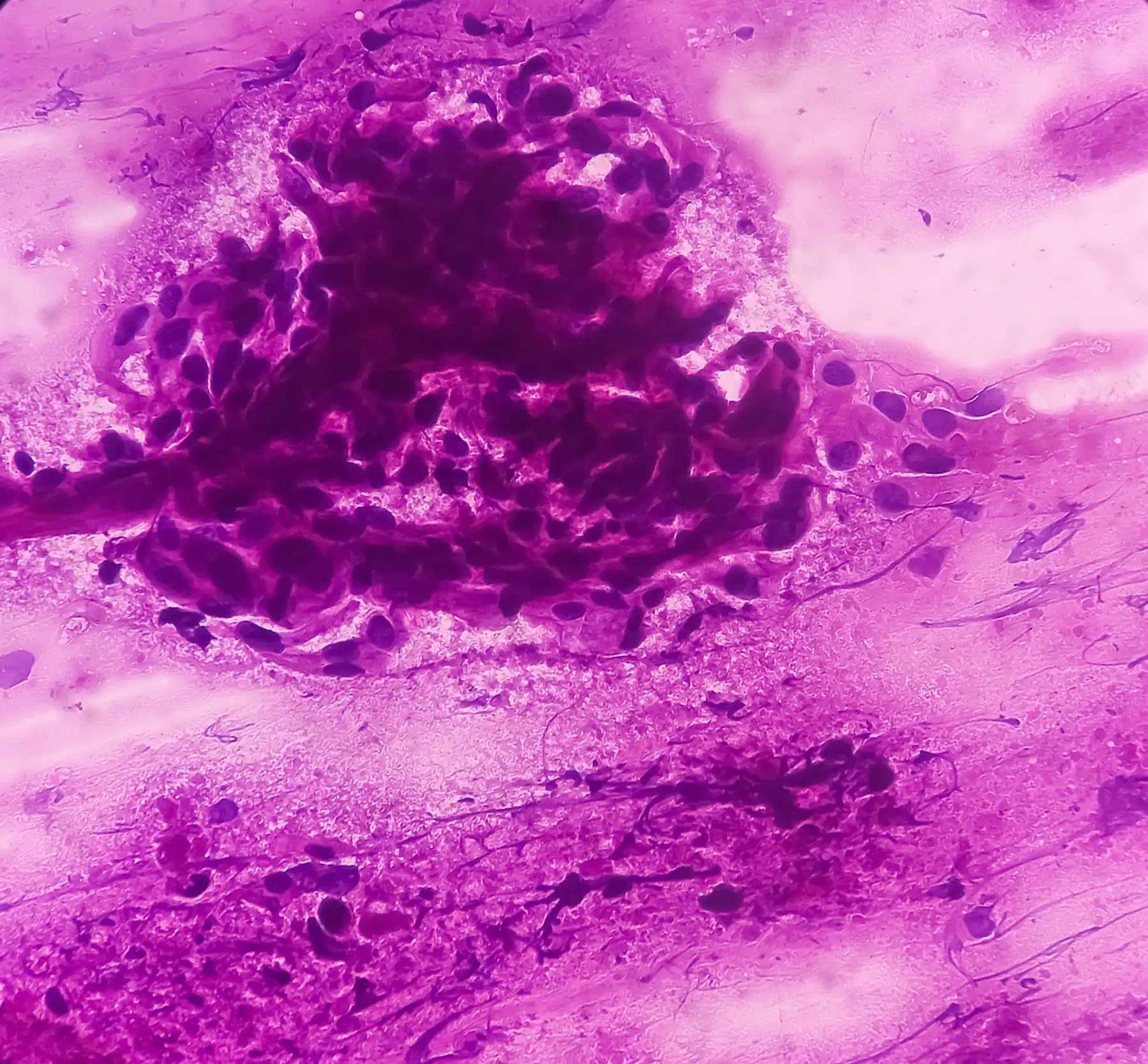KEY TAKEAWAYS
- The phase I and II study aimed to investigate the therapeutic efficacy and safety of IMM60 & pembro in advanced melanoma and NSCLC pts.
- Researchers noticed favorable tolerability of PORT-2 at tested doses; further information will be provided later.
Invariant natural killer T-cells (iNKTs), exhibiting features of both NK-like cells and T-cells, play pivotal roles in innate and adaptive immunity, with a unique capacity to exert direct cytotoxic effects on CD1d-expressing tumors and induce long-lasting antitumor CD8 T-cell responses through cross-priming and dendritic cell (DCs) licensing. The rarity of this lymphocyte subset has prompted interest in its therapeutic potential. In this context, researchers conducted initial clinical studies with IMM60, a synthetically derived iNKT agonist (PORT-2) encapsulated in a liposome shell.
Preclinical investigations revealed that IMM60 treatment induced the maturation of DCs and B cells, along with robust stimulation of iNKT cell-derived interferon-gamma (IFN-g). Murine efficacy studies demonstrated the monotherapy activity of IMM60 in multiple PD-1 resistant models. Additionally, IMM60 led to the upregulation of programmed death-ligand 1 (PD-L1) expression on cancer cells, thereby re-sensitizing them to PD-1 inhibition.
Nicholas Coupe and his team aimed to assess the therapeutic potential of IMM60 in a heavily pre-treated population, emphasizing its safety and immune activation initiation at tested doses.
The study performed an inclusive analysis as part of the IMPORT-201 trial, an international expansion of the open-label first-in-human phase I/II investigator-initiated study (IMP-MEL). Phase 1 is actively enrolling patients (pts) with non small cell lung cancer (NSCLC) or melanoma, administering IMM60-containing liposomes are administered IV Q3W at escalating dose levels as monotherapy or in conjunction with pembrolizumab (pembro) (200mg every 3 weeks). Initial cohorts of 1, 3, and 9 mg/m2 have been enrolled, and the study protocol is undergoing amendment to include a fixed 36 mg dose cohort.
Following the establishment of a recommended Phase 2 dose (RP2D), Phase 2 will assess the efficacy of PORT-2 monotherapy, PD-1 monotherapy, and their combination. Flow cytometry and pharmacokinetic (PK)analyses have been conducted in Phase 1 to provide valuable insights into the study’s mechanisms and outcomes.
About 12 pts were diagnosed with melanoma (n=6) or NSCLC (n=6) were enrolled in the IMM60 monotherapy dose cohorts. These pts, characterized by heavy pretreatment (median = 4 prior therapies; range 2–7), participated in the study. 1 pts with NSCLC was included in the IMM60 + pembro cohort. Throughout the trial, IMM60 exhibited excellent tolerability, and no treatment-related Serious Adverse Events (SAEs) or Grade 3–5 Adverse Events (AEs) were reported. The absence of a determined Maximum Tolerated Dose (MTD) further underscores the favorable safety profile of IMM60.
Most of the related AEs observed were of Grade 1, with the sole Grade 2 events being hypertension and fatigue. Encouragingly, reductions in the size of target lesions were noted, demonstrating a positive therapeutic impact. Comprehensive efficacy results, including further details on the observed reduction, will be presented. Additionally, forthcoming presentations will encompass results from flow cytometry analyses, shedding light on the immune response, and the PK profile for IMM60.
The study concluded that PORT-2 demonstrates favorable tolerability at the tested doses, affirming its safety when administered as a single agent in a heavily pre-treated population. Notably, the findings underscore its capability to initiate immune activation, emphasizing its potential as an iNKT agonist.
An ongoing investigation into its combination with pembro holds promise for synergistic effects. The forthcoming reporting of updated Phase 1 results, coupled with comprehensive analyses of Pharmacokinetics (PK) and pharmacodynamics (PD), will provide valuable insights into the clinical implications of PORT-2 in advancing immunotherapeutic strategies for this pts population.
The study is sponsored by iOx Therapeutics
Source: https://jitc.bmj.com/content/11/Suppl_1/A807
Clinical Trial: https://clinicaltrials.gov/study/NCT05709821
Coupe N, Pinato D J, Fairchild J, et al. (2023). “ IMPORT-201 (IMP-MEL): a phase 1 first-in-human dose finding/randomized phase 2 study of a novel iNKT agonist (PORT-2) and pembrolizumab for advanced melanoma and non-small cell lung cancer (NSCLC). ” Presented at SITC 2023 (Abstract 712).



